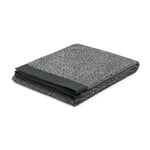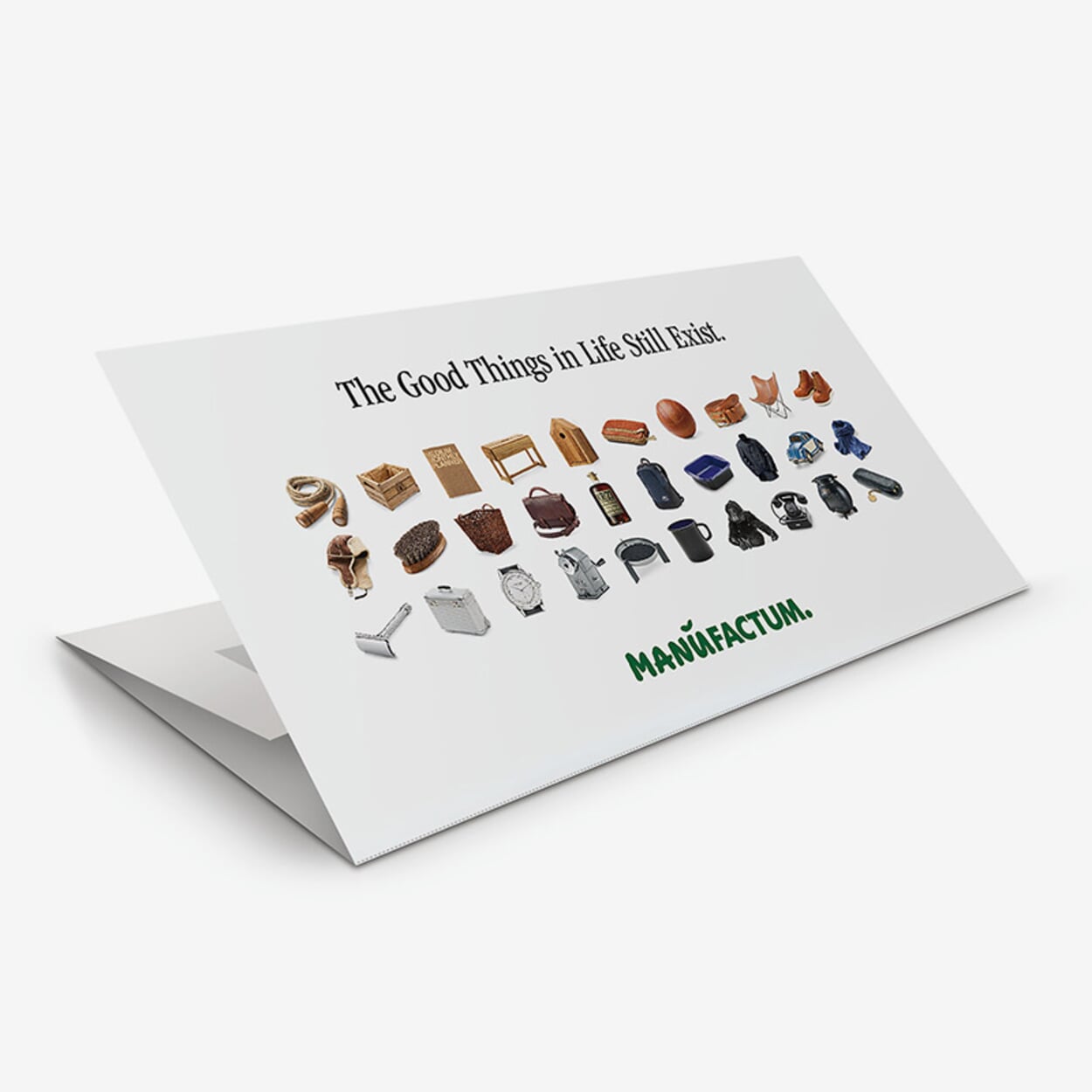Japanese terry washi yarn

Japanese terry washi yarn
- 30% washi yarn and 70% cotton
- Strong at first, softer with each wash
- From the Japanese stronghold of bathroom textiles: Imabari
General Information
Washing with washi. Bathroom textiles with paper
Who would have thought that drying yourself with paper would be particularly good? Or at least with textiles made with a proportion of paper yarns? The company Murakami Pile from the Japanese towel stronghold of Imabari is here to prove it. In addition to cotton, the loops of the terry products consist of a proportion of washi paper - the traditional, robust Japanese paper, which is obtained in the best quality (as here too) from the bast fibers of the Maulberry plant kozo, which is native to Asia, and the two daphne plants mitsumata and gampi. Due to its material structure, washi is softer, lighter and more absorbent, but at the same time more tear-resistant and flexible than traditional Western papers. Its use for textiles is not new: it was already used in earlier times as a lining material - for kimonos, for example.
Murakami buys washi paper from the province of Mino, which consists largely of Philippine kozo, the strongest and thickest of the three fibers. This paper is cut into 2-4 mm wide strips, twisted into yarn and then used for weaving. The positive properties of washi paper are combined with those of the cotton used. In addition, the paper yarns create a light massage effect. Similar to linen, washi also becomes a little softer with every use and every wash. The washi yarn and cotton differ in color, resulting in a mottled shade. We also offer a matching bath mat.
Hospitable by Tradition. Towels from Imabari
60% of towels in Japan are made in the Japanese town of Imabari, in Ehime Prefecture, in the north of Shikoku Island. There are 4,000 looms per less than 160,000 inhabitants here, including over 120 companies that are allowed to produce towels under the "Imabari Towel" quality label. The water used for bleaching the textiles comes from underground flowing springs that are particularly low in lime and heavy metals, especially from the Sōja River - a circumstance that has indirectly promoted the concentration of companies producing bathroom textiles. The use of the soft water makes the towels particularly pliable and at the same time allows dyes to penetrate deep into the textile fibers. The result: exceptionally soft and intensely colored linens. It has always been a tradition in the region around Imabari to support pilgrims who are on the 1,200 km long Shikoku pilgrimage route (one of the most important Buddhist pilgrimage routes) with food, money, but also just towels on their journey - and this hospitality should also be reflected in the texture of the textiles produced here.
One of the mandatory quality criteria for "Imabari Towels" concerns the ability to absorb water: a 1 × 1 cm piece of the fabric must be able to sink to the bottom in the water within five seconds - an indication that the towel is able to absorb water and also other liquids without prior washing. Accordingly, Imabari Towels are characterized by absorbing moisture extremely quickly.
Product Information
Article Number 36366
- 30% washi yarn and 70% cotton
- Strong at first, softer with each wash
- From the Japanese stronghold of bathroom textiles: Imabari
70% cotton and 30% paper yarn. Basis weight 360 g/sqm. Made in Japan. Color black mottled.
80 × 150 cm
Care instructions textile
Have a question?
If you have a question concerning this product you are welcome to contact us. For this your E-Mail program will open.
Contact Us
For advice, spare parts or special requests - our customer service will take care of your questions and concerns, personally and competently.
You can reach us from Monday to Friday at +49 2309 939095 or anytime at info@manufactum.com
Gift Certificates
It is good for everything: With our PDF gift certificates you can choose from the entire Manufactum selection. Pick a motif which you can send by email or print out and present personally, immediately after submitting your order.
Order now


